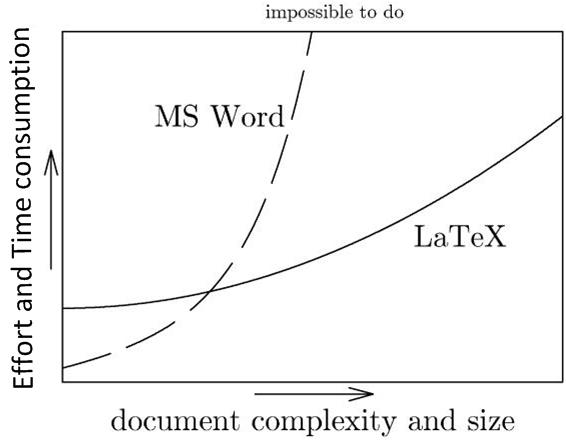Using Overleaf – a webinar
On Tuesday, March 9, in collaboration with researchers from the faculty of Physics, Mathematics and Optometry and representatives from the University Library a webinar was organised on Overleaf and the possibilities it offers. Overleaf is a collaborative cloud-based LaTeX editor used for writing, editing and publishing scientific documents. Recently the Nature Science Faculties of the University of Latvia purchased the Overleaf subscription that is now available to the staff and students. The webinar recording is available to all the interested parties and can offer answers to new (and possibly even more experienced) Overleaf users.
In the webinar experienced Overleaf users such as Kristaps Bergfelds (LU FMOF lecturer and researcher), Austris Akmentiņš (LU FMOF research assistant), Andris Bērziņš (LU FMOF senior researcher) gave short presentations on the best Overleaf practices, and Emīls Mārtiņš Riekstiņš (LU librarian) demonstrated how to access Overleaf as well as showed an article available on the University of Latvia library site with an Overleaf description that can be especially useful for those just starting with Overleaf.
In the webinar, the advantages of using the subscription were discussed. The free software does not offer technical support and integration with Dropbox, also collaboration options are limited and no History section with editing possibilities is available. Now thanks to the subscription the aforementioned aspects won’t affect the use of Overleaf.
The main advantage of Overleaf, and consecutively LaTeX, over MS Word is that it is much more convenient for writing and editing scientific publications, it is much easier to use technical symbols and write formulas – without which the daily life of a natural science researcher is unimaginable. Another substantial Overleaf advantage is that it is cloud-based, this means that it is accessible from any device by using the username and the password, no additional applications are necessary. Overleaf also has the Latvian language already installed as well as many others, as the tool is often used for multicultural collaboration. Overleaf is similar to Google Docs and OneDrive, but specialized for scientific use. A. Bērziņš said that Overleaf was especially useful for working with large documents. He also showed a practical method of adding references by integrating Overleaf with Zotero or Mendeley.
K. Bergfelds supplemented his webinar presentation with useful articles such as From data to beautiful graphs: The tools of a modern scientist and by using the image below discussed the advantages of using LaTeX and MS Word. He also offered his Overleaf template for preparing a scientific publication.
Webinar recording
Overleaf subscription can be found HERE (access available to the Nature Science Faculties (Biology, Physics, Mathematics and Optometry, Geography and Environmental Sciences, Chemistry, Computer Science) of the University of Latvia only).
More information on Overleaf can be found HERE (LUIS login is necessary). If there are any questions or problems regarding access, you are welcomed to contact the library of the University of Latvia via e-mail at info-bibl@lu.lv.



